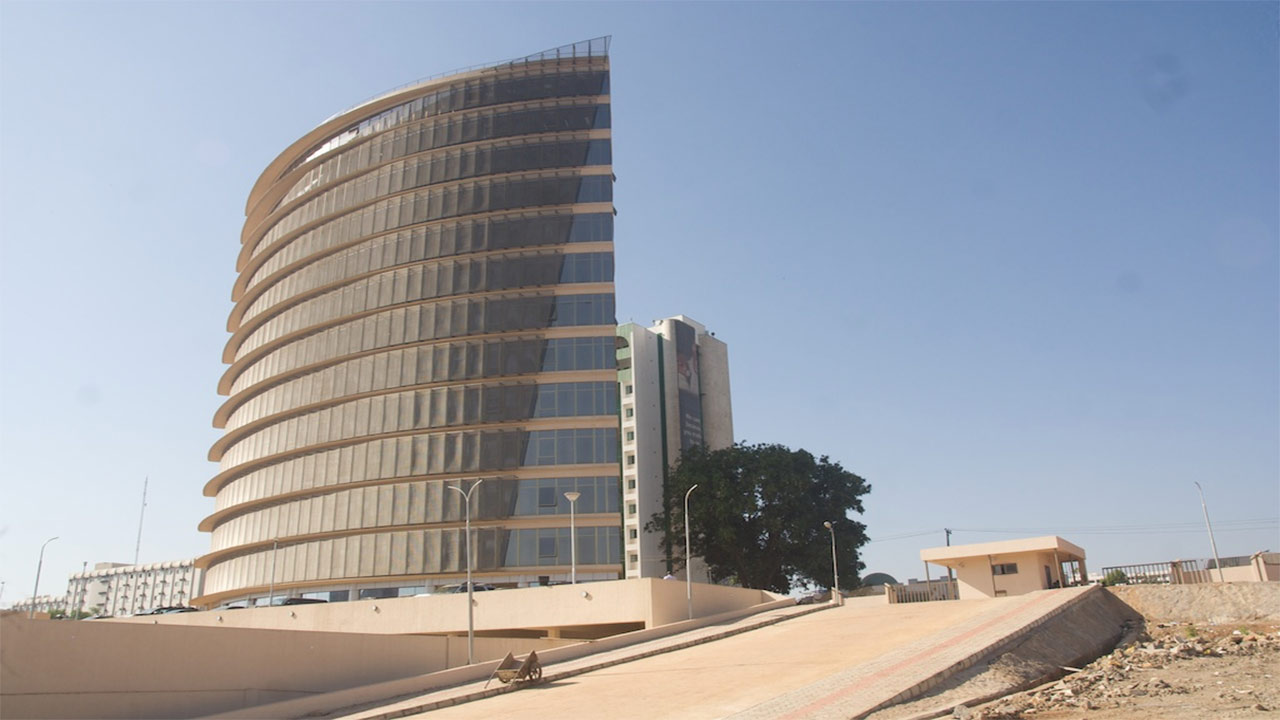- BoI Disburses N24bn to Kano Industrialists
The Managing Director, Bank of Industry (BoI), Mr. Olukayode Pitan, has said that over N24billion loans have been disbursed to Kano State industrialists.
Pitan disclosed this at the weekend during a meeting with the Kano State Governor, Dr. Abdullahi Ganduje.
Ganduje also disclosed that the bank had in the process generated about 96,000 direct and indirect jobs in the small medium enterprises (SMEs) as well as micro small and medium enterprises (MSMEs) sub-sectors of the state.
According to him, the funds generated through different funding windows such as BoI/KNSG matching fund, Bol-Dangote fund, GEEP(Market Moni), FG MSME fund , YES -P fund and GEF fund , were invested across various sectors of the Kano State economy which include: agro-business, petrochemical and gas, metal fabrication, infrastructure and solid mineral.
“Generally, as at August 31, 2017, the bank had provided loans in excess of N24,029,566.36 billion to SMEs and MSMEs, across the state with over 96,000 direct and indirect jobs,” he said.
He added that some of the business concerns that are being supported by the bank include cooperative, business enterprises and limited liability such as Rubu Sacks Ltd, Marshall Buscult Ltd, Ammasco International ltd, and BBY sacks ltd, Gwale Soap MPCS limited among others.
Speaking on the bank’s efforts to deepen its presence in the state, Pitan said: “In its continuous bid to deepen its credit delivery process, BoI has commenced cluster-based programme that are targeted at funding projects in the 40 identified clusters and to this effect, BoI shall continue to accord priority to these clusters under the ptogramme.
He added: “Some of the these cluster include: Rice cluster in Kura, Kabiya and Bunkure-Argo mechanisation, Tomato cluster in Kadawa-tomato fund and Leather cluster at Kofa Wambai-leather fund.”
Giving update on the N2billion MSMEs matching fund deal which was consummated in 2013, the BoI boss said over N424, 986million had so far been disbursed to beneficiaries from the initial tranche of N500million.
He noted that the injection of the fund into the state’s Micro, Small and Medium Enterprises sub-sector had also led to the generation of 1,655 jobs.
The disbursed N424, 986, 760m loan facility, according to Pitan, is part of the N2billion matching fund aimed at developing existing and new Micro Small and Medium Enterprises in the state.
He also disclosed that a loan of over N101,660million covering seven companies had been approved and awaiting disbursement.
Pitan, however, called on the government to release the second tranche of the N500million to enable the bank accelerate the pace of industrial development in the town, stressing that the bank had re-trained its staff and provided additional staff and upgraded its logistics requirement to meet the needs of the state office.
Responding, the governor praised the bank for its several interventions in the state even as he assured of his continued commitment to the improvement of the living standard of the people of the state through investment in real sector.
While urging the BoI to target more entrepreneurs in the state, Ganduje stated that as the commercial nerve centre of Northern Nigeria, the state is strategic to the activities of the bank.
On the N2billion matching fund, he berated some entrepreneurs in the state who often see loan from government as ‘free money’ never to be repaid.
He said: “Let me react to the issue of the N2billion matching fund of which N500million has been exhausted. Although we are committed to see the deal through, the attitude of some entrepreneurs in the state to loan repayment is worrisome. We are having problem with people who collect loans using government as guarantor and are not willing to pay back.


 Naira4 weeks ago
Naira4 weeks ago
 Naira4 weeks ago
Naira4 weeks ago
 Travel3 weeks ago
Travel3 weeks ago
 Jobs4 weeks ago
Jobs4 weeks ago
 Naira3 weeks ago
Naira3 weeks ago
 Naira3 weeks ago
Naira3 weeks ago
 Investment4 weeks ago
Investment4 weeks ago
 Travel4 weeks ago
Travel4 weeks ago



























